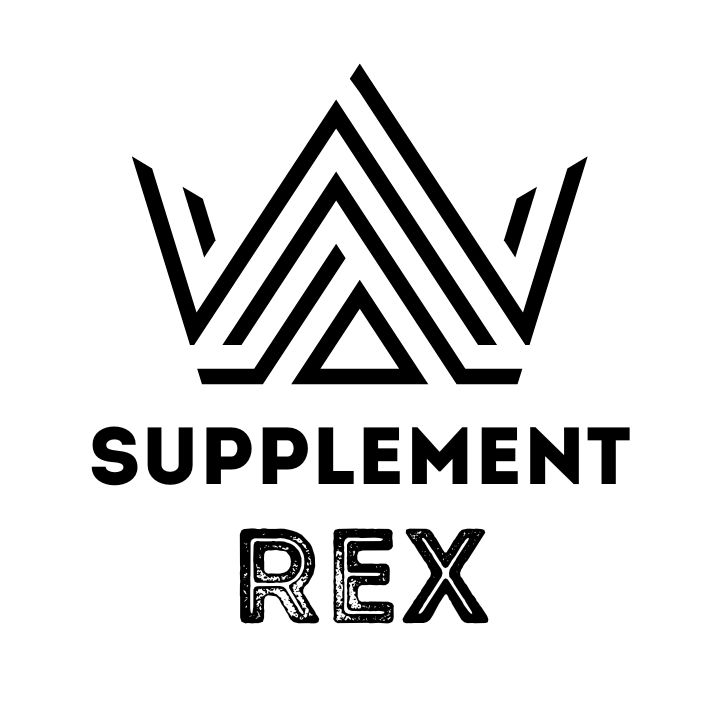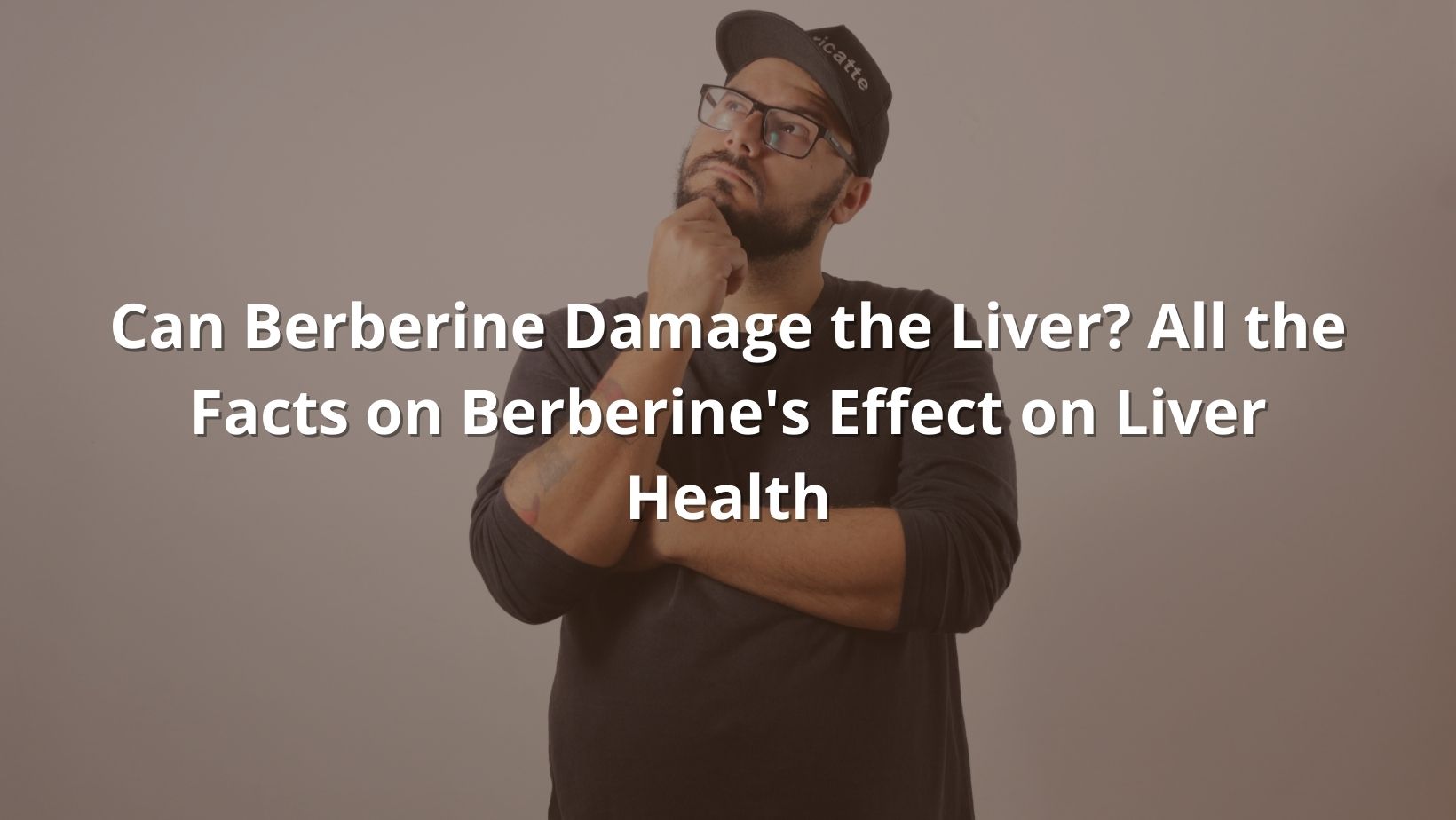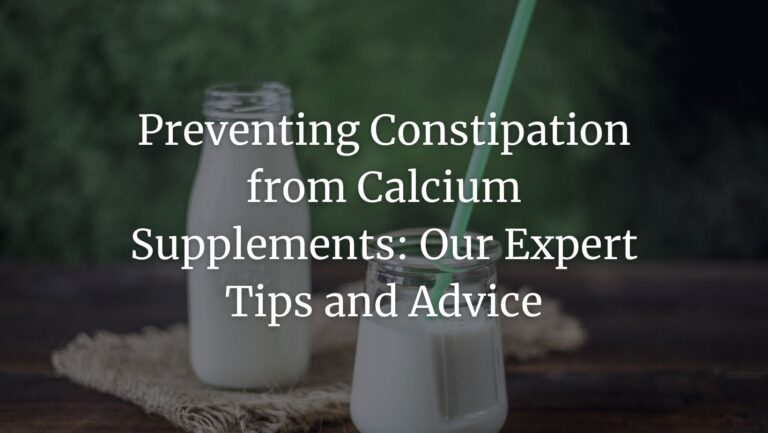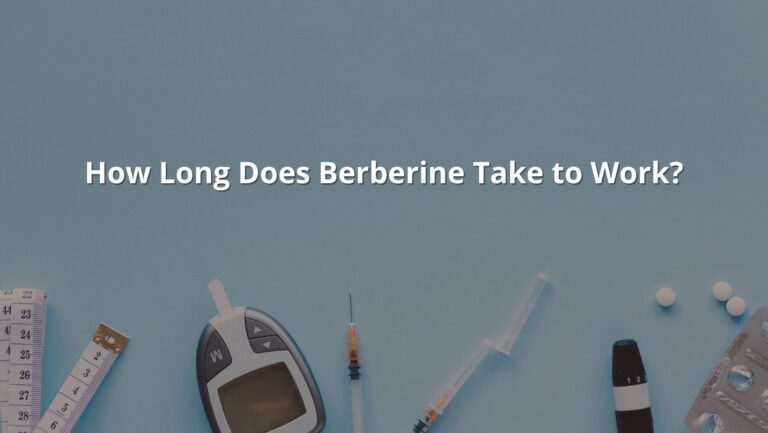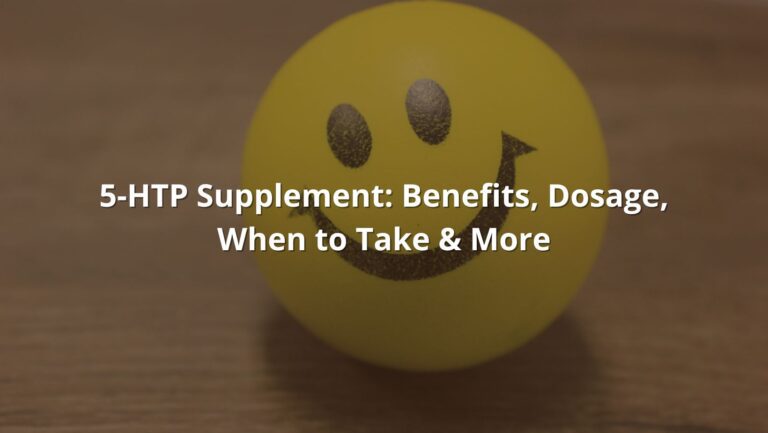Can Berberine Damage the Liver? All the Facts on Berberine’s Effect on Liver Health
Berberine, often heralded as a potent natural treasure, might make you wonder if all that glitters is truly gold. Today, we’re looking at what’s dubbed as nature’s Ozempic and breaking down if the berberine supplement can hurt your liver.
Found abundantly in botanicals like goldenseal and barberry, berberine has been an ancient ally in traditional medicine. This unassuming compound has been making waves lately for its impressive repertoire – from blood sugar management and cholesterol control to weight loss support and promoting heart health. Some even whisper of its potential anti-cancer properties.
But amidst the accolades, a pressing question lingers:
Can berberine damage the liver?
The liver, our body’s vigilant gatekeeper, is crucial in filtering out toxins. So, it’s only natural to tread carefully when introducing something new to our regimen. Even some unassuming compounds can hurt the liver – so, considering hepatic health is important when you’re starting a new supplement.
In this article, we will delve into the essence of berberine, sift through its treasure trove of benefits, and ultimately uncover if this golden compound is truly a friend to our liver or a Trojan horse we should be wary of. Fasten your seat belts, as this journey takes you through the annals of tradition, the rigors of science, and the practical wisdom of incorporating berberine into your daily life.
Can Berberine Damage the Liver? Quick Answer Is No.
Before we venture further into berberine’s treasure trove, let’s cut to the chase:
Can berberine damage the liver?
For those of you who prefer a quick answer, here it is: Current scientific evidence suggests that berberine does not harm the liver. In fact, it might even be an ally.
But don’t just take our word for it; let’s break it down.
The liver is essentially the body’s chemical processing plant. It has the mighty task of detoxifying substances, aiding digestion, and manufacturing crucial proteins. With such a pivotal role, it’s no wonder that we need to be cautious about what goes into our bodies.
Hepatotoxicity is a term that sounds as menacing as it implies; it refers to the potential of a substance to cause liver damage. When it comes to herbal supplements, people often don a cloak of caution, and rightly so.
However, berberine seems to be a rare gem that not only gets a green light for liver safety but may even wave a flag of support. Studies have indicated that berberine is not associated with elevations in serum aminotransferase, an enzyme that, when raised, often signals liver stress. This suggests that berberine doesn’t put an undue burden on the liver.
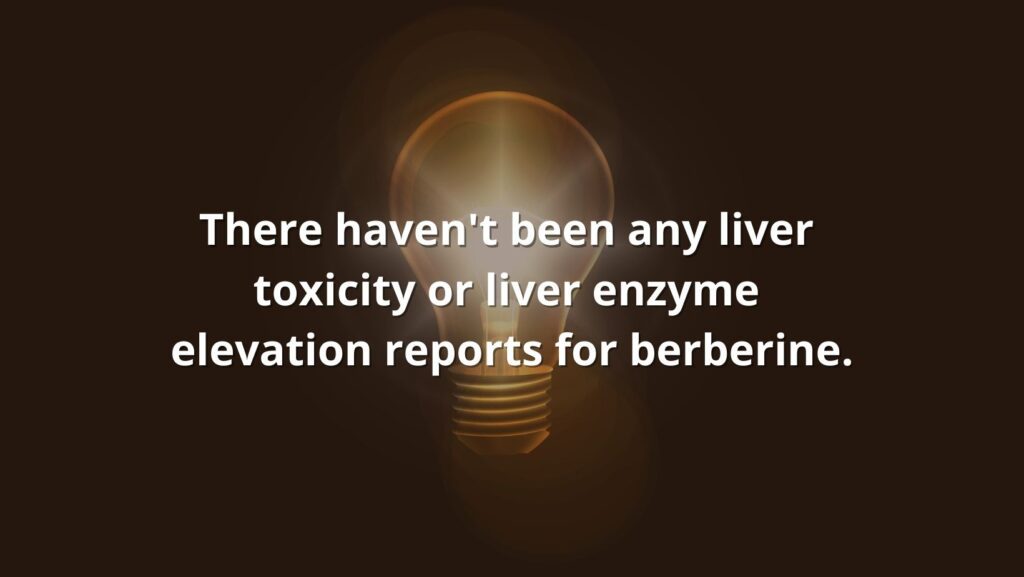

Berberine may also have hepatoprotective properties, meaning it could safeguard the liver. Research has shown that berberine can positively influence liver function by normalising cholesterol levels and controlling blood sugar.
So, in the saga of berberine and the liver, berberine seems to be not just a friend, but possibly a guardian. It’s similar when it comes to kidneys – many worry if the herbal remedy can harm their kidneys, but so far, no, berberine is even beneficial for the kidneys.
With the liver question addressed, let’s continue on our journey as we explore the vast benefits that berberine brings to the table.
The Golden Benefits of Berberine
Having established berberine as a friend of the liver, let’s unfurl the scroll of berberine’s impressive modern-day benefits. From donning the cape of a guardian for heart health to possibly locking swords with cancer, berberine truly seems to be a golden warrior.
- Blood Sugar Management: Picture a vigilant sentinel at the gates of a castle, that’s berberine for your blood sugar levels. It has shown remarkable efficacy in improving insulin sensitivity and helping to lower blood sugar levels in people with type 2 diabetes. It operates by influencing the enzymes and genes involved in carbohydrate metabolism. Some people have even compared berberine to metformin in terms of efficiency – and metformin is the current frontline drug for diabetes!
- Cholesterol Control: Cholesterol – the word itself sometimes sends shivers down the spine. But worry not, for berberine seems to have a knack for helping to manage it. Studies have shown that berberine might help reduce LDL (“bad”) cholesterol and triglycerides while raising HDL (“good”) cholesterol. This makes it a potential ally in the fight against heart diseases.
- Weight Loss Support: If shedding a few pounds is on your agenda, berberine might lend a helping hand. Research indicates that berberine can aid in weight loss by shrinking fat cells and enhancing fat breakdown.
- A Champion for Heart Health: Berberine wears many hats, and one of them is as a protector of the heart. By aiding in the management of cholesterol levels and displaying anti-inflammatory properties, berberine can contribute to reducing the risk of heart diseases. Additionally, it has been shown to help in regulating heart pump function.
- Potential Anti-Cancer Properties: Now, tread carefully, for this is a realm where research is still budding. Some studies suggest that berberine may have anti-cancer properties due to its ability to inhibit the proliferation of cancer cells and induce apoptosis. However, this area demands more extensive research before drawing definitive conclusions.
Before you get too excited and decide to make berberine your new best friend, remember that while it is a powerful and promising compound, it is not a magic bullet. It’s important to approach its use as part of a balanced lifestyle and always consult a healthcare professional, especially if you are taking medications or have underlying health issues.
Conclusion: Berberine – A Golden Guardian or Fool’s Gold?
As we near the end of this journey through the intriguing world of berberine, it’s time to gather our bearings. Our quest was to decipher if berberine is the golden guardian that it’s often made out to be, or if it’s a case of ‘all that glitters is not gold’.
Let’s take a step back and reflect on what we’ve discovered:
- Berberine is a compound found in an array of botanicals and has been a cherished ingredient in traditional medicine.
- Far from being a foe to the liver, berberine seems to don the armor of a protector.
- It’s been celebrated for its ability to help manage blood sugar levels, control cholesterol, support weight loss, and even as a defender of the heart.
- The whispers of its potential anti-cancer properties are tantalizing, but more research is needed to etch these claims in stone.
Berberine appears to be a multifaceted warrior. However, let’s remember that warriors are not invincible and should not stand alone. Using berberine as part of a balanced lifestyle, comprising a healthy diet, regular exercise, and mental well-being, is crucial.
Moreover, as with any supplement, it’s paramount to approach berberine with respect and caution. Consulting a healthcare professional, especially if you’re on medications or managing health conditions, can never be overemphasized.
So, is berberine a golden guardian? Current evidence paints a rather promising picture. But, like any treasure worth its weight, it’s best handled with care, respect, and wisdom. In the realm of health, sometimes the guardians we seek are not just in the supplements we take but in the choices we make.
Berberine could be a valuable ally on your path to better health, but remember that the true guardians of well-being are often a harmonious blend of informed choices. May this golden compound serve you well as part of your holistic health tapestry.
